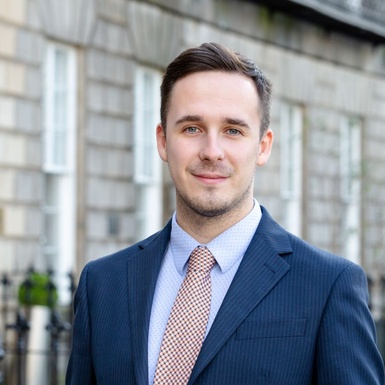One of the perceived positives of Covid-19 is that General Practitioners now appear to be offering more remote or virtual consultations. This ought to allow patients to fit in GP appointments around busy work schedules, childcare or simply for ease of patients not wanting to leave the house.
An article published in the British Medical Journal (BMJ) reported on work done [Patient safety in remote primary care encounters: multimethod qualitative study combining Safety I and Safety II analysis | BMJ Quality & Safety] at the Nuffield Trust, Plymouth and Oxford Universities compiled data from nearly 100 safety incidents between 2020, when the pandemic started, and 2023. The data looked at complaints, settled negligence claims and general reports.
The study found that as a result of limited physical examination, lack of personal connection, and cultural and language barriers, patients are now more at risk for being misdiagnosed or given inappropriate medical treatment as a result of remote consultations. Data for English GP practices show that 71% of consultations are still held in person whilst 24% are held over the telephone or via remote means.
One of the main challenges of remote consultations is the inability to carry out a hands-on physical examination. Certain medical conditions require a physical examination and remote consultations may allow a GP to suspect a diagnosis, but often this cannot be confirmed without a physical examination.
In terms of the lack of a personal connection, it is more difficult to build a rapport with a patient on a remote call when compared with having a physical interaction. Building a personal connection and rapport between patients and healthcare providers is an important aspect of providing effective healthcare. As remote consultations lack the interpersonal elements of in-person examinations and appointments, the doctor/patient relationship would appear to be compromised as a result.
Further, remote consultations can lead to challenges in addressing cultural and language differences which could lead to misunderstandings and ultimately affect the quality of advice given.
Further, researchers found that GP practices were suffering due to financial constraints and understaffing. The increase in remote consultations may also lead to missed or delayed diagnosis, particularly for conditions that require complex testing or imaging. The opportunity to refer may also be missed. This will no doubt lead to a rise in medical negligence claims if remote consultations are to continue.
One of the main recommendations made by the BMJ study was for GPs to make sure the patient understands the next steps in their care, while patients have an opportunity to set out their symptoms and concerns.
It is important to have a process in place which facilitates a return to the GP if the condition is deteriorating.
The NHS has further recently been criticised for discriminating against elderly patients as around 1 in 6 practices are now taking bookings online only. Not everybody has access to the necessary technology to allow for online consultations to take place. In the circumstances, restricted access to the internet and a lack of IT literacy can affect the level of care GP practices give to patients, particularly in rural areas.
It is important to note these potential downsides of remote consultations should not hide their benefits but rather highlight areas where improvements and considerations are needed to optimise the delivery of healthcare services throughout the country in what remains challenging times.
Our expert medical negligent solicitors are ready to assist if you believe your care is below the standard you would expect and has possibly led to negligent medical treatment.
With offices in Glasgow, Edinburgh, Perth and Dundee, we are easily accessible across all of Scotland. To arrange an appointment or discuss your claim, reach out to our team. Call us now on 0800 988 8082 or fill out our online inquiry form and a member of our team will respond promptly.
At Calio Claims, we are committed to securing the best possible outcomes for our clients. Contact us today and let us guide you through the process of seeking compensation for medical negligence.




